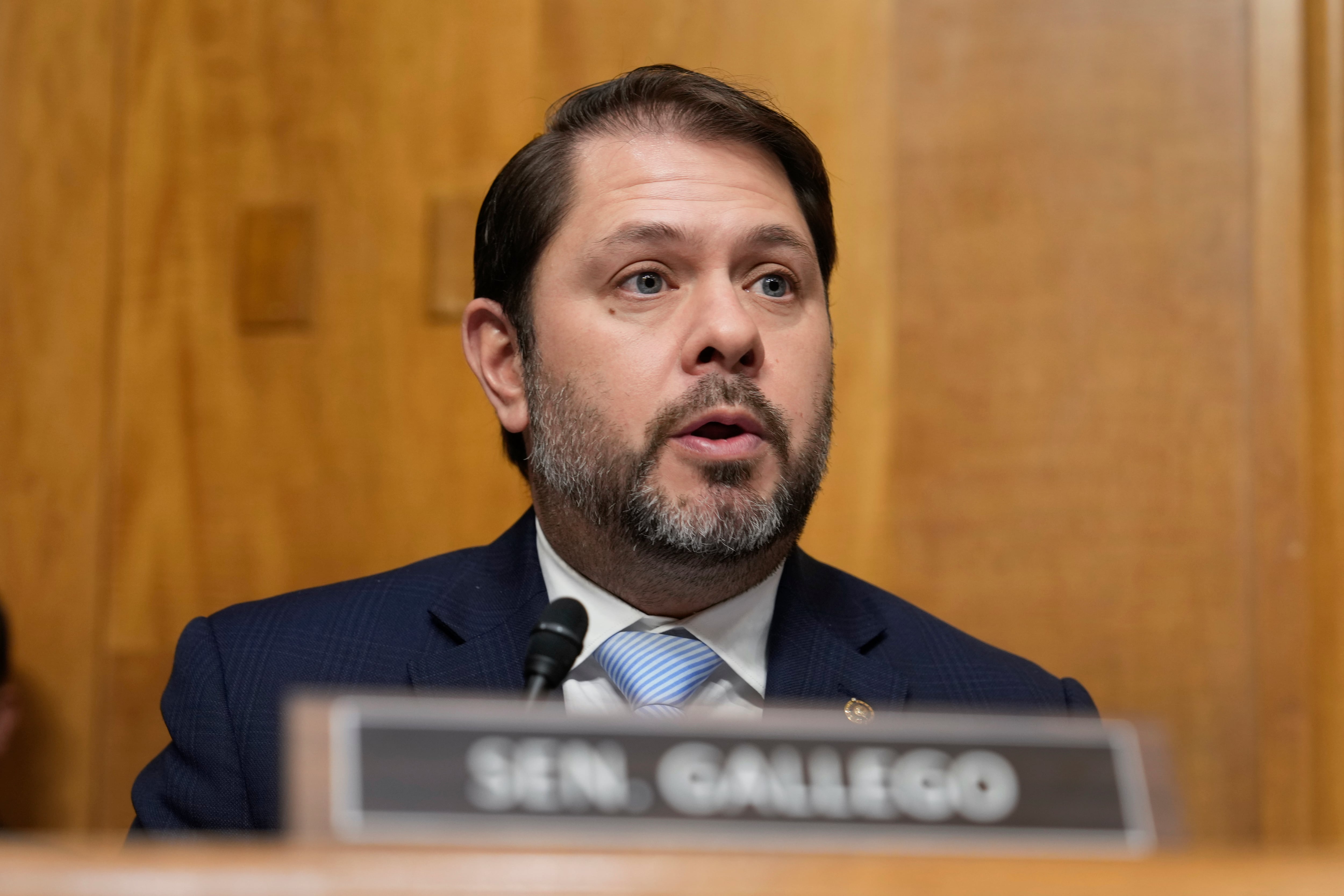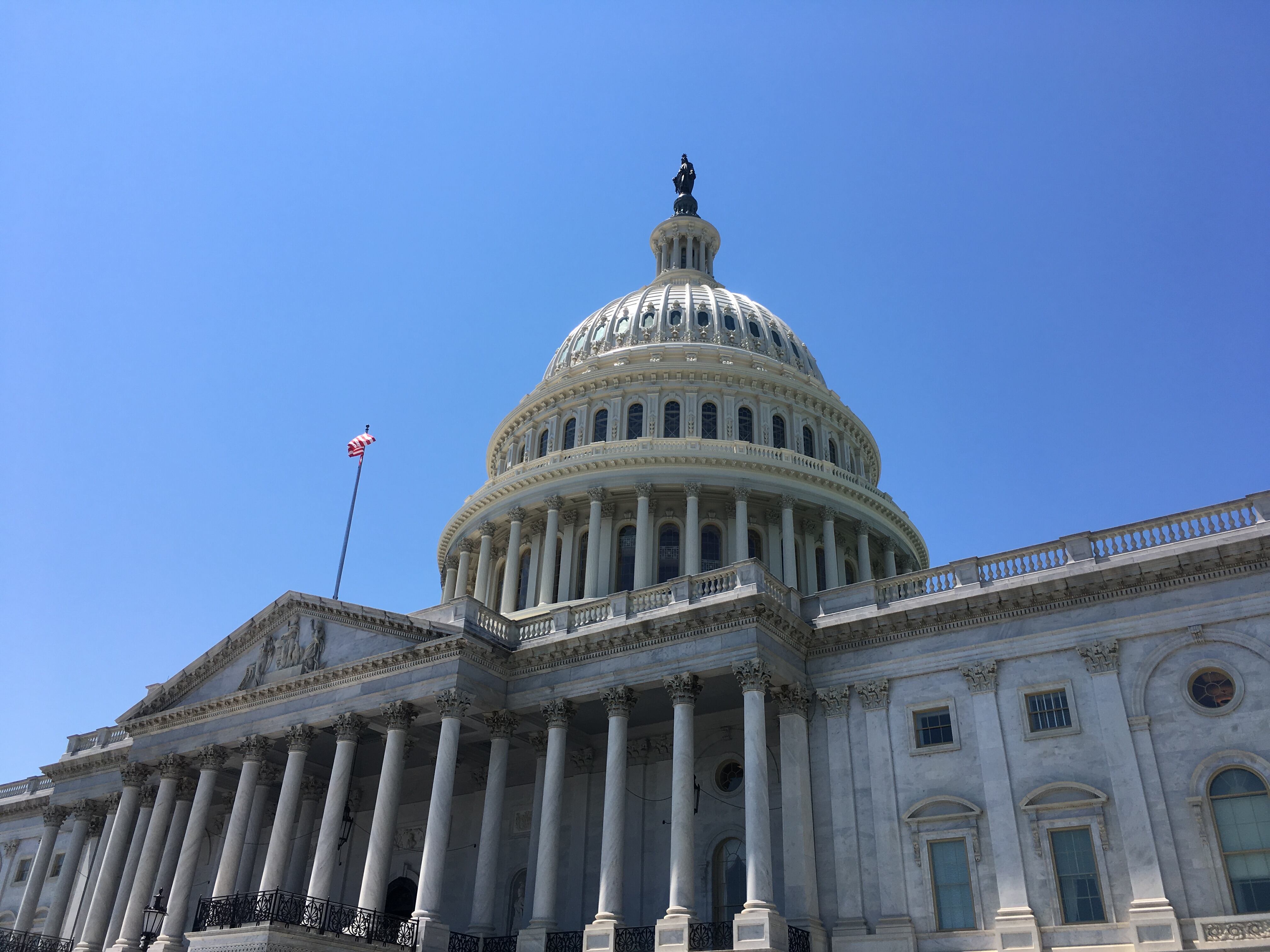Technology and technological advancement have become increasingly important in the day-to-day lives of Americans, especially during the global pandemic. That’s why it is more critical than ever to protect America’s technological advantage against threats from foreign adversaries whose interests do not align with our own when it comes to privacy, national security, and a free and open internet.
For years, the United States has been viewed as the authority on technological innovation, but according to a new poll from the American Edge Project and Ipsos, a large number of American voters believe the U.S. is in danger of falling behind foreign adversaries in this space, and that countries — namely China, Russia, and Iran — represent a threat to American competitiveness and technological leadership.
According to the poll, the vast majority of voters (81 percent) view it as dangerous for the U.S. to fall behind other countries when it comes to technology, and 71 percent believe the Defense Department, too, will fall behind its rivals if it does not leverage technological innovations from domestic tech companies. With the upcoming elections, concerns about cyberattacks have also grown, with 80 percent of voters noting their concern about an attack on our critical infrastructures.
These sentiments reflect an unavoidable truth: Foreign interests have been moving aggressively into American and global markets through platforms that collect and misuse user data and eschew privacy. These same interests are making large investments in technological research and development, intensifying the battle for global tech leadership, and threatening the strength of the United States' national security and its position on the global stage. What’s more, U.S. intelligence officials recently discovered hacks by Russia into state and local computer networks that could allow broader access to America’s voting infrastructure. These officials have pieced together details of Russia’s potential plans to interfere in the presidential race in its final days.
Why is this so dangerous? Despite the obvious threat to U.S. election security, the nations that threaten to usurp our tech dominance, China, Russia, and Iran, do not hold the same uniquely American values that keep our internet free and open. These nations, and others, instead use the internet to suppress voices, discriminate against minorities and spy on their citizens.
The private sector is where American technological advancements have always flourished. We must do everything we can to bolster this industry, encourage competition and allow easy adoption of private sector innovations by the Pentagon and the U.S. intelligence community. A recent analysis by the Lexington Institute outlines why a robust domestic technology sector is so important to our national security, noting “new technologies allow warfighters to find, fix and defeat threats faster than adversaries can.”
America’s national security rests not only on our ability to continue to bolster the domestic technology sector, but also on how the federal government — both policymakers and regulators — engage with it. Americans across the political spectrum agree that the next president, irrespective of political party, should embrace a pro-technology platform that strengthens domestic tech companies, while supporting our national security interests — this is true among Republicans (82 percent), Democrats (74 percent) and independents (67 percent).
In fact, voters see tech companies as more critical to national security than other industries with long histories of military partnership, such as aerospace, energy and manufacturing. Over 7 in 10 believe the Defense Department will fall behind our adversaries if we do not take advantage of innovations from domestic tech companies in the private sector. A similar number believe the U.S. intelligence community will fall behind foreign adversaries if they do not also do the same. As we inch closer to the 2020 presidential elections, the majority of voters agree: the U.S. government must ensure our tech industry remains the most competitive in the world, not only to bolster our national security, but to allow us to reclaim our spot as technological leaders on the global stage.
Retired Adm. James Stavridis previously served as the 16th Supreme Allied Commander at NATO. Frances Townsend was former White House Counterterrorism and Homeland Security Advisor. Both are national security advisory board co-chairs of the American Edge Project (AEP).
Editor’s note: This is an Op-Ed and as such, the opinions expressed are those of the author. If you would like to respond, or have an editorial of your own you would like to submit, please contact Military Times managing editor Howard Altman, haltman@militarytimes.com.





